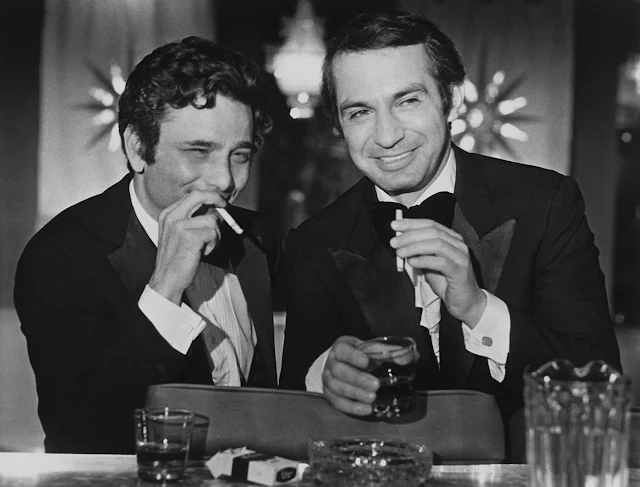Cast: Anna May Wong, Warner Oland, Sessue Hayakawa, Bramwell Fletcher, Frances Dade, Holmes Herbert, Lawrence Grant, Harold Minjir, Nicholas Soussanin, E. Alyn Warren. Screenplay: Lloyd Corrigan, Monte M. Katterjohn, Sidney Buchman, based on a novel by Sax Rohmer. Cinematography: Victor Milner. Music: Rudolph G. Kopp, John Leipold.
It won’t do, of course, these sinister Asians and hapless Europeans all under the spell of Dr. Fu Manchu (Warner Oland in yellowface – his last outing in the role). But although today it’s more artifact than art and more likely to elicit guffaws than shudders, Daughter of the Dragon does give us a needed glimpse into what we are: a country always likely to fall into suspicions about the Other. The rise of Asian-bashing after the emergence of Covid, which our ineffable president persisted in calling “the China virus,” should be enough to remind us of that. Otherwise, the movie is a welcome opportunity to view the talents of Anna May Wong and Sessue Hayakawa, two of the most important Asian actors to emerge in the silent era and to continue their careers on the margins of Hollywood film in the sound era.


























































